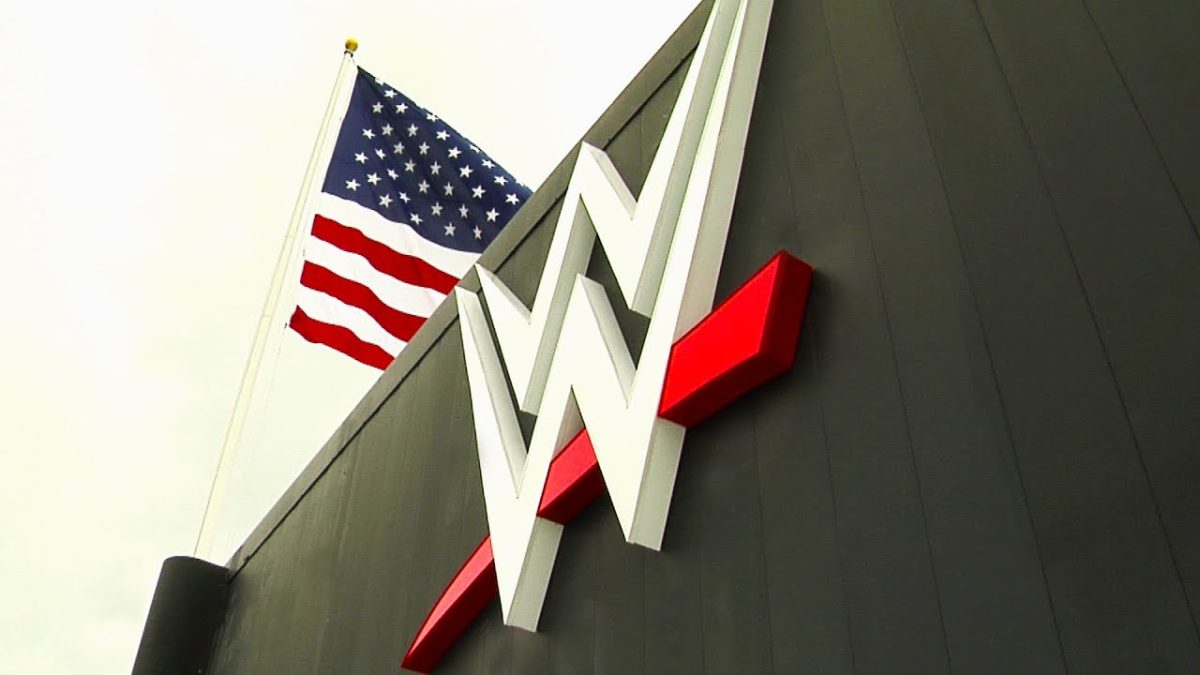AI Startups Challenge Google’s Search Dominance with Innovative Browsers

In a rapidly evolving technological landscape, a wave of artificial intelligence (AI) startups is fundamentally reshaping how users search the web, posing a significant challenge to Google's long-standing dominance in the search engine market. This upheaval is perhaps the most substantial since Google's rise to prominence in the late 1990s, a period marked by its exceptional growth and innovation.
This week, the San Francisco-based startup Perplexity, which has gained attention with a staggering valuation of $14 billion, introduced its AI-enabled web browser, Comet, to a select group of subscribers. This launch signifies a bold step into a territory traditionally dominated by Google. In addition to Perplexity, OpenAI—the pioneering company behind the influential AI chatbot ChatGPT—is reportedly developing its own AI web browser, as disclosed by sources from Reuters.
These new AI web browsers are designed to directly challenge Google’s stronghold on the search engine market, particularly through its widely-used Google Chrome browser. Experts believe that these innovations have the potential to revolutionize the search experience entirely, with implications that could disrupt the industry at large. Steve Jang, the founder and managing partner at Kindred Ventures—an early investor in Perplexity—commented on the ongoing technological cycles, stating, “Every tech cycle, everyone questions whether or not a new startup can—how can they possibly defeat or even get significant market share away from these legacy platforms, and they always do.”
Perplexity’s Comet browser comes equipped with an integrated AI chatbot, which is designed to replace traditional search functionalities. Additionally, the browser features an AI assistant known as Comet Assistant, which boasts capabilities such as automatically scheduling meetings, sending emails, making purchases, and providing daily briefings tailored to user needs. These features highlight a significant shift toward a more interactive and personalized browsing experience.
The timing of these AI-driven products could not be more strategic, as Google faces uncertainties stemming from ongoing antitrust legal challenges. Ari Paparo, a former director of product management for advertiser products at Google, noted that these challenges could lead to potential remedies, such as the possibility of spinning off the Chrome browser, which would further open the landscape to competition from AI startups.
Despite the excitement surrounding these new entrants, the future of the search market remains uncertain. Google Chrome currently enjoys a substantial lead with over 3 billion users, which accounts for approximately 68% of the market share. The sheer volume of user data that Google collects gives it a significant advantage, coupled with the inherent friction users face when contemplating a switch to a new browser.
In the realm of AI adoption, OpenAI has begun to carve out its presence as a formidable competitor to Google. According to a survey conducted by Wedbush, 29% of consumers report using OpenAI's services regularly, which is in close competition with the 30% who utilize Google’s Gemini. This close race indicates a shifting landscape where traditional search engines could soon be competing with AI-driven alternatives.



























